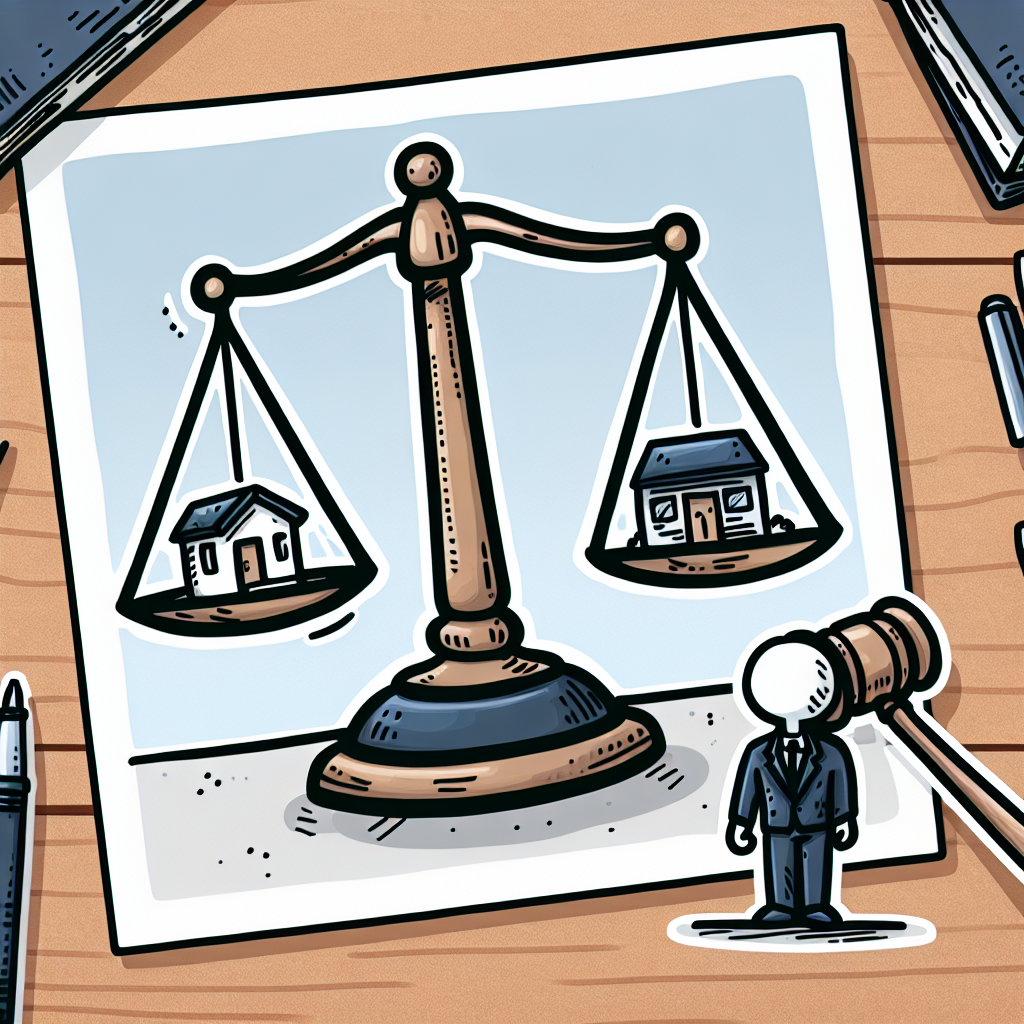Supreme Court Empowers Pollution Boards to Levy Environmental Damages
The Supreme Court has ruled in favor of empowering pollution control boards to impose restitutionary and compensatory damages for environmental harm. This verdict reinforces the 'polluter pays' principle, allowing such boards to collect damages as a preventative measure, distinct from criminal penalties, under the Water and Air Acts.

- Country:
- India
The Supreme Court has delivered a landmark verdict empowering pollution control boards to impose restitutionary and compensatory damages for environmental harm. This ruling supports the 'polluter pays' and precautionary principles as central tenets of environmental law.
Judges PS Narasimha and Manoj Misra clarified that the damages are civil, not criminal, intended to restore or prevent environmental degradation. The powers are derived from the Water and Air Acts, enabling these boards to collect damages for actual or potential harm.
The decision overturned a 2012 Delhi High Court ruling that limited such powers. The court emphasized the necessity for clear rules ensuring fairness in imposing damages, which should be preventive rather than punitive measures.
(With inputs from agencies.)










